MiraculousMM [he/him, any]
- 57 Posts
- 200 Comments
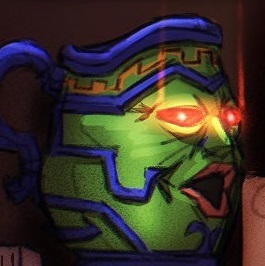
 8·9 days ago
8·9 days agoY’all just gonna roll with the leader who abandoned you?
spoiler
That point doesn’t get any better as the show goes on lmao. Butcher keeps fucking up and putting everyone in danger and they find some way to keep taking him back

 4·10 days ago
4·10 days agoGood policy tbh. I spend a lot of time in the online SW fandom and I’m genuinely sick to death of seeing the dogwater takes from people who haven’t watched any of the content since 2015

 101·10 days ago
101·10 days agoThere are literally a thousand ways you can make vegan pasta lmao

 19·20 days ago
19·20 days agoI was gonna say, Ron White (
 ) is actually really funny
) is actually really funny

 24·29 days ago
24·29 days agoThat bird is hanging from the branch by little flesh ropes


 18·30 days ago
18·30 days agoYou are an embarrassment. I’ve never seen someone who needs to touch some fucking grass so badly before

 4·30 days ago
4·30 days agoJesus Christ that cover




 2·1 month ago
2·1 month agothe whole ‘another potential chosen one’ stuff that is not at all brought up in the prequels
They never use the phrase “the chosen one” in the show or even allude to the prophecy so idk how this became a talking point, the only reference they make is that the twins were conceived through the help of the force in some capacity but that doesn’t invalidate Anakin’s “specialness” or whatever at all.

 3·1 month ago
3·1 month agoAhsoka had some great moments and one particularly good-ass episode, but on the whole it was about the same quality as Acolyte so far, ie. mid as fuck

 17·1 month ago
17·1 month agoIt has a lot of the same issues as the other SW shows: it looks kinda cheap, it was clearly shot inside of a cupboard, etc.

 12·1 month ago
12·1 month agoYeah if these peoples’ attitude was “fuck star wars because its corporate slop” that’d be 1000% fine but they don’t care about that as long as the slop suits their tastes.
it does look a bit shit right? The fire on the outside of the ship.
I forgot that was a thing tbh. It didn’t register anything for me

 4·1 month ago
4·1 month ago- benis
- cupcake
- big boob son big boob
- uhh the balls??
- peanus horts good

 48·1 month ago
48·1 month ago“There she lusted after her lovers, whose genitals were like those of donkeys and whose emission was like that of horses.” -Ezekiel 23:20

 28·1 month ago
28·1 month agoNot to mention that just from person to person within the same climate there are significant differences, probably genetic at their core. Two people can be sitting in the exact same spot and one will be burning up and the other freezing cold and neither of them are “wrong”

 19·1 month ago
19·1 month agotargeting touchscreen devices

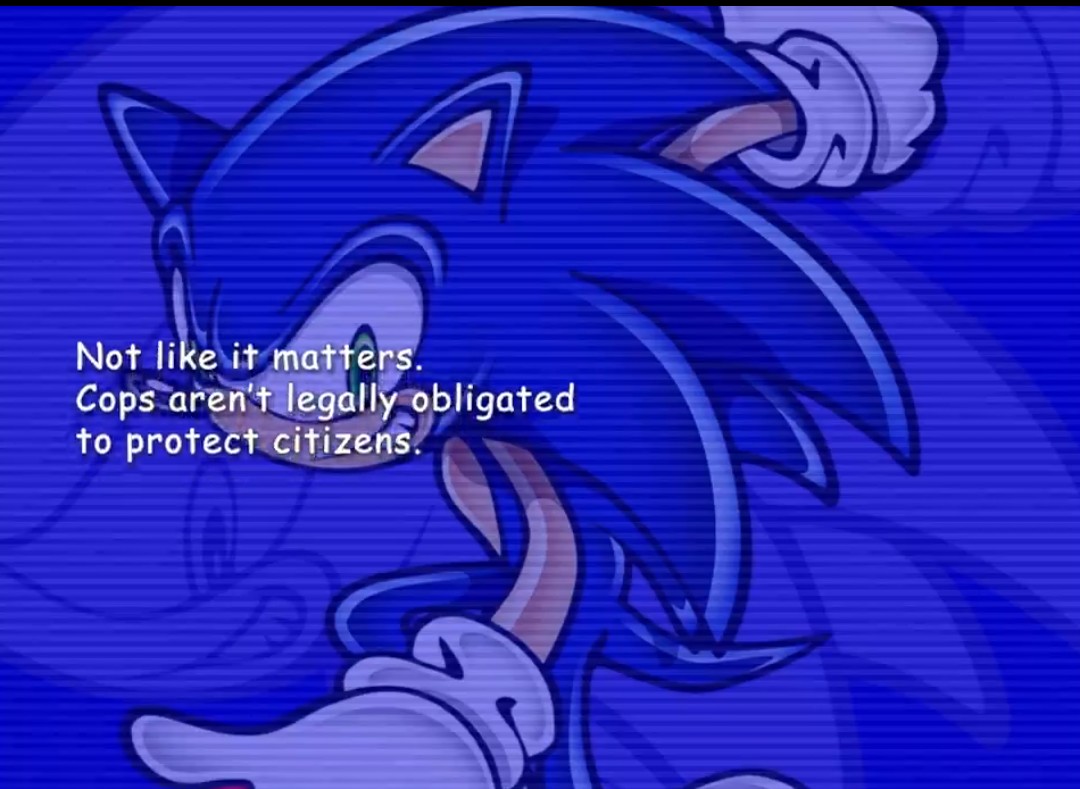




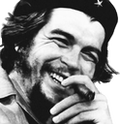



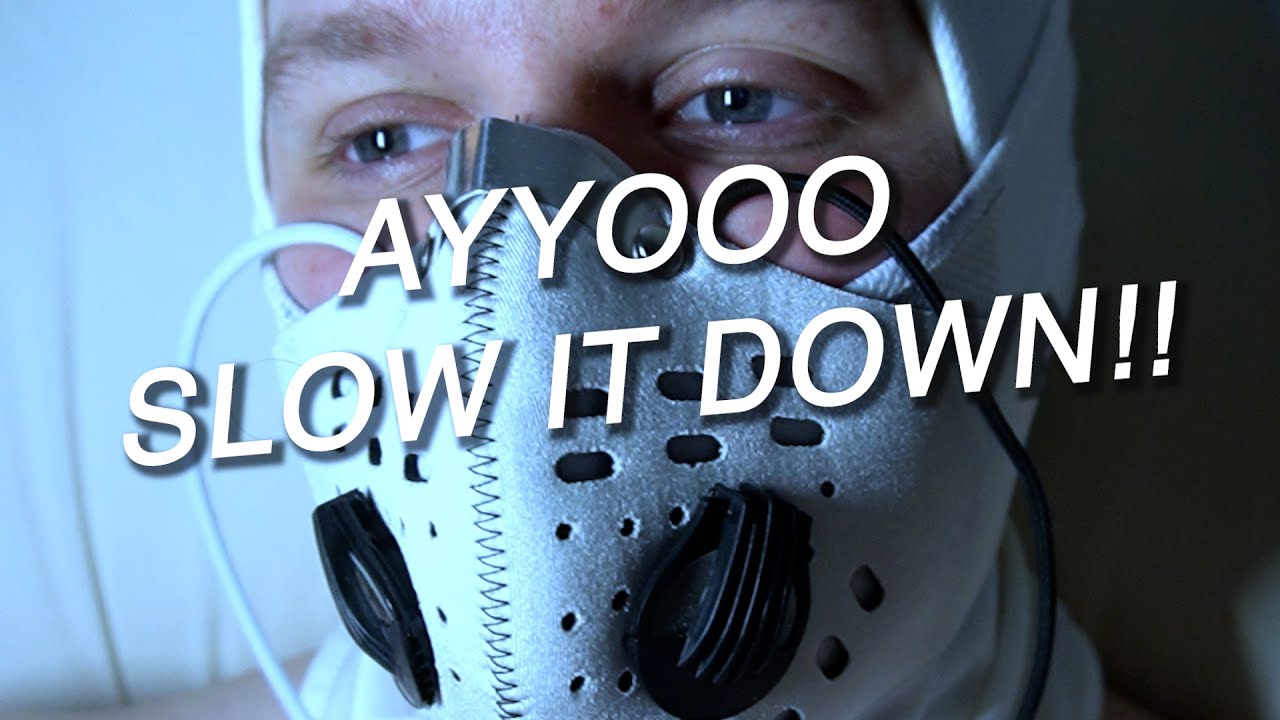



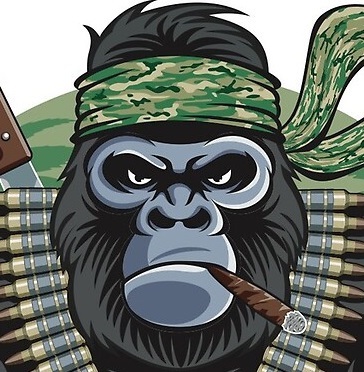

Mine was awkward as shit and most people I know say the same thing. It’s more of a cringey memory than anything, that’s what happens when you’re both awkward kids who don’t know wtf you’re doing